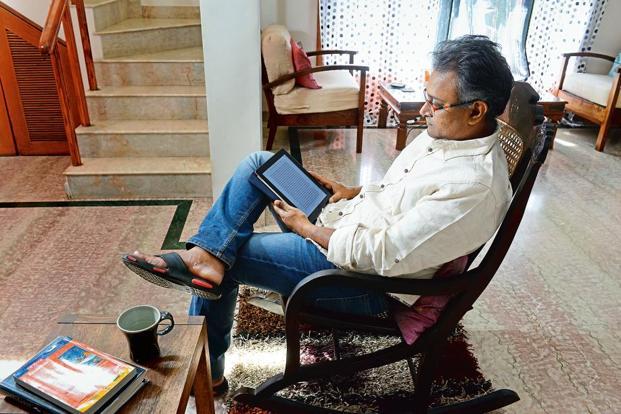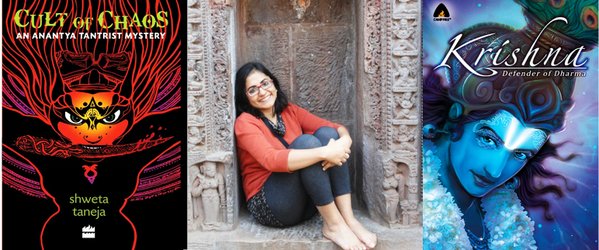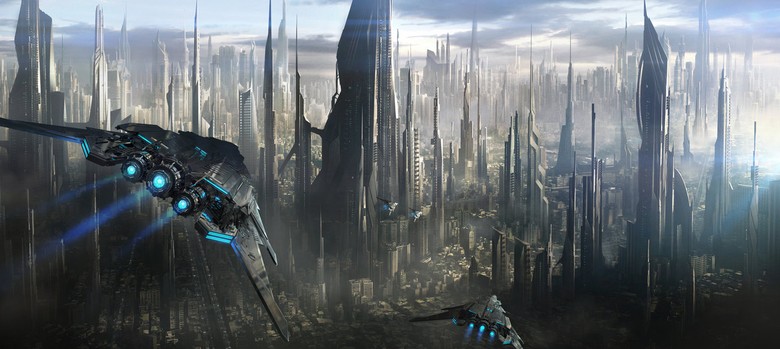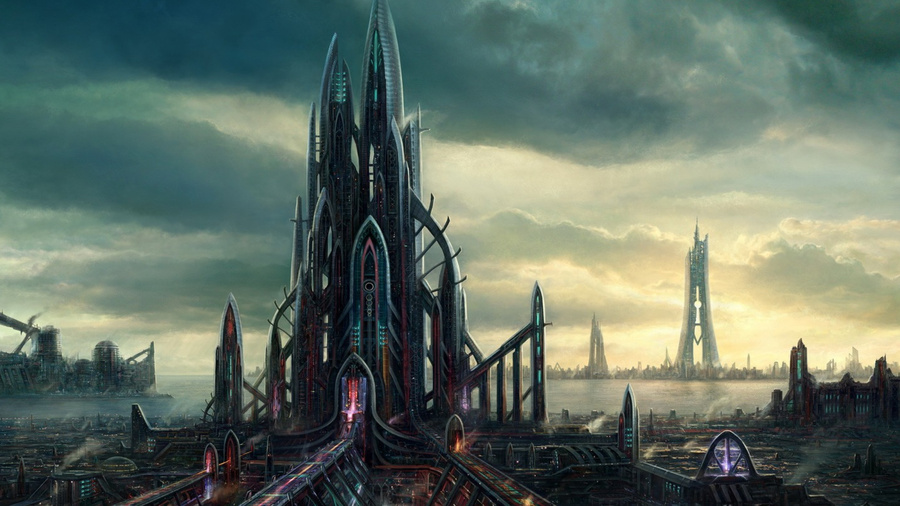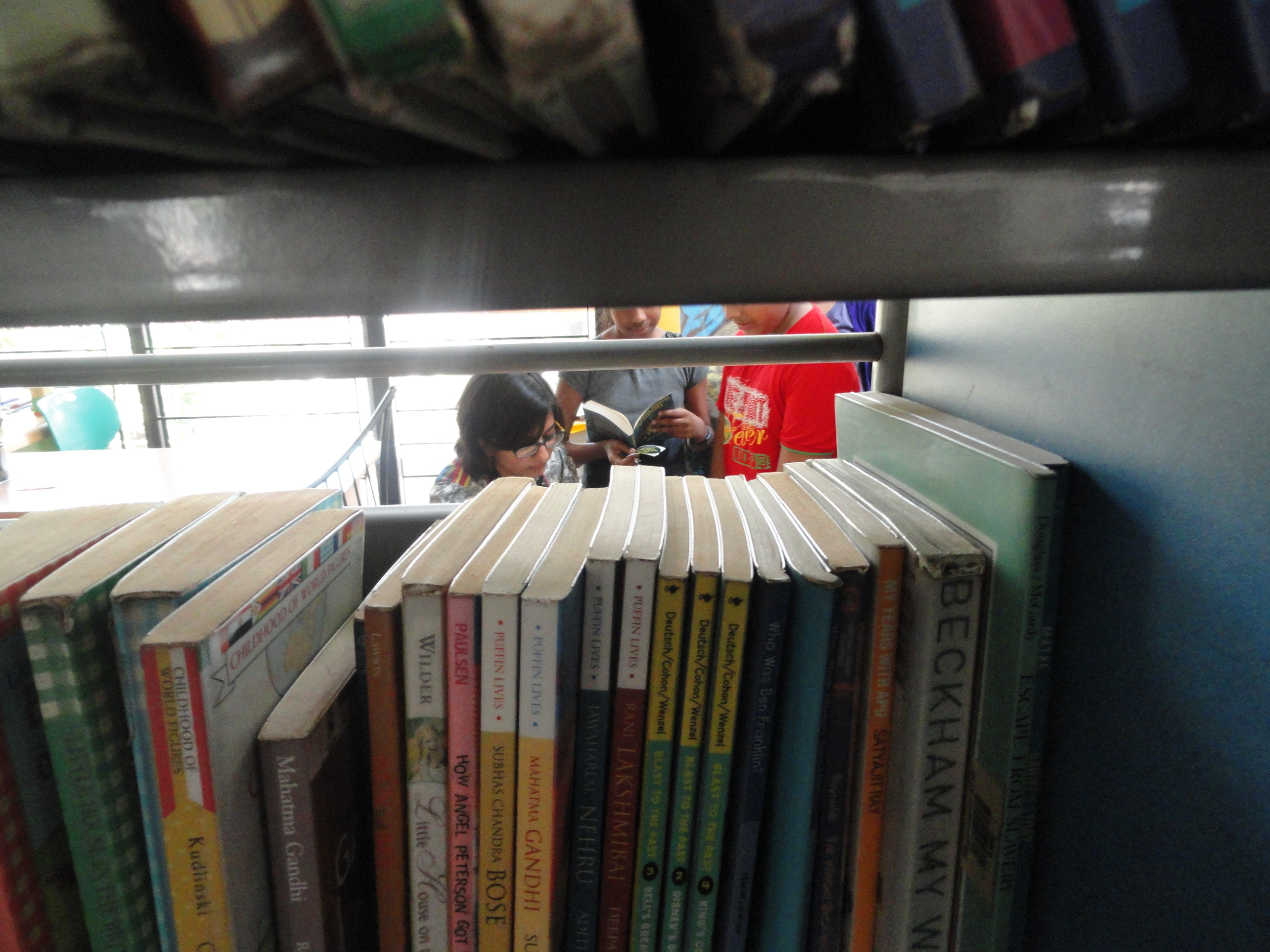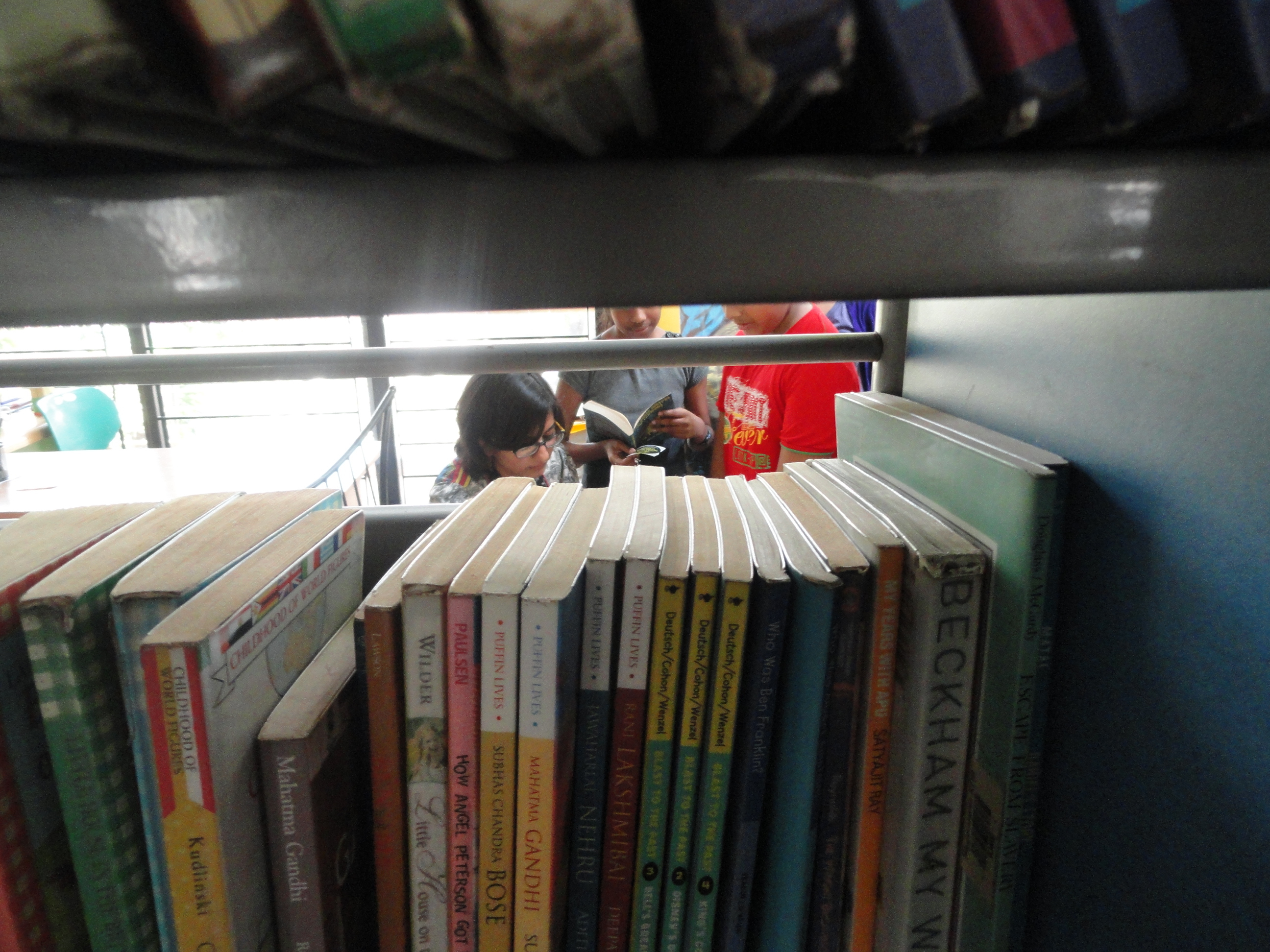Time is a thing of beauty. There are moments it trickles, slows down enough that you can hear your heart beat, beat by beat. There are flashes when time zooms, taking you on a journey full of laughter and glee. That’s how my 2016 went. Flew by, waited tiresomely and pondered. So I just want to list down the things I was thankful for.
Made new friends
Beginning of the year, I shivered and learnt from Booker Prize winners at Chichester as a Charles Wallace fellow. Gave a talk in London. Worked on three books simultaneously, editing two and writing a new one. Learnt how empty it feels when you finish a project you’ve been with for years. Wandered in loneliness and heard myself. In the process, hung out with new people and made new friends.
Learnt about failure
The book I started, refused to come to me. I lacked the skills for it and had to park it. I learnt to breathe and learnt about patience. I learnt to let things go. Attended a wedding in the middle of July in Delhi. Roamed on the streets. Found bugs with nephew and saw them through a lens so we could appreciate the beauty in their wings.

Did things new to me
Saw a zebra running wild and a lioness being licked by her cubs. Found how hard it was to plant a tree. Launched a book and became a hybrid author. Started a new book, which I’m halfway through as I write this and am hoping to finish. Joined an ATM line, two days after demonetisation was announced and read a book on my Kindle. Joined two startups as their communication advisor.
All through this, I made many new friends and spent time with my old ones. Wandered the streets, chattered over filter coffee and green tea. Heard stories, nodded in empathy and danced away the nights. I’m so thankful my year went so beautifully.
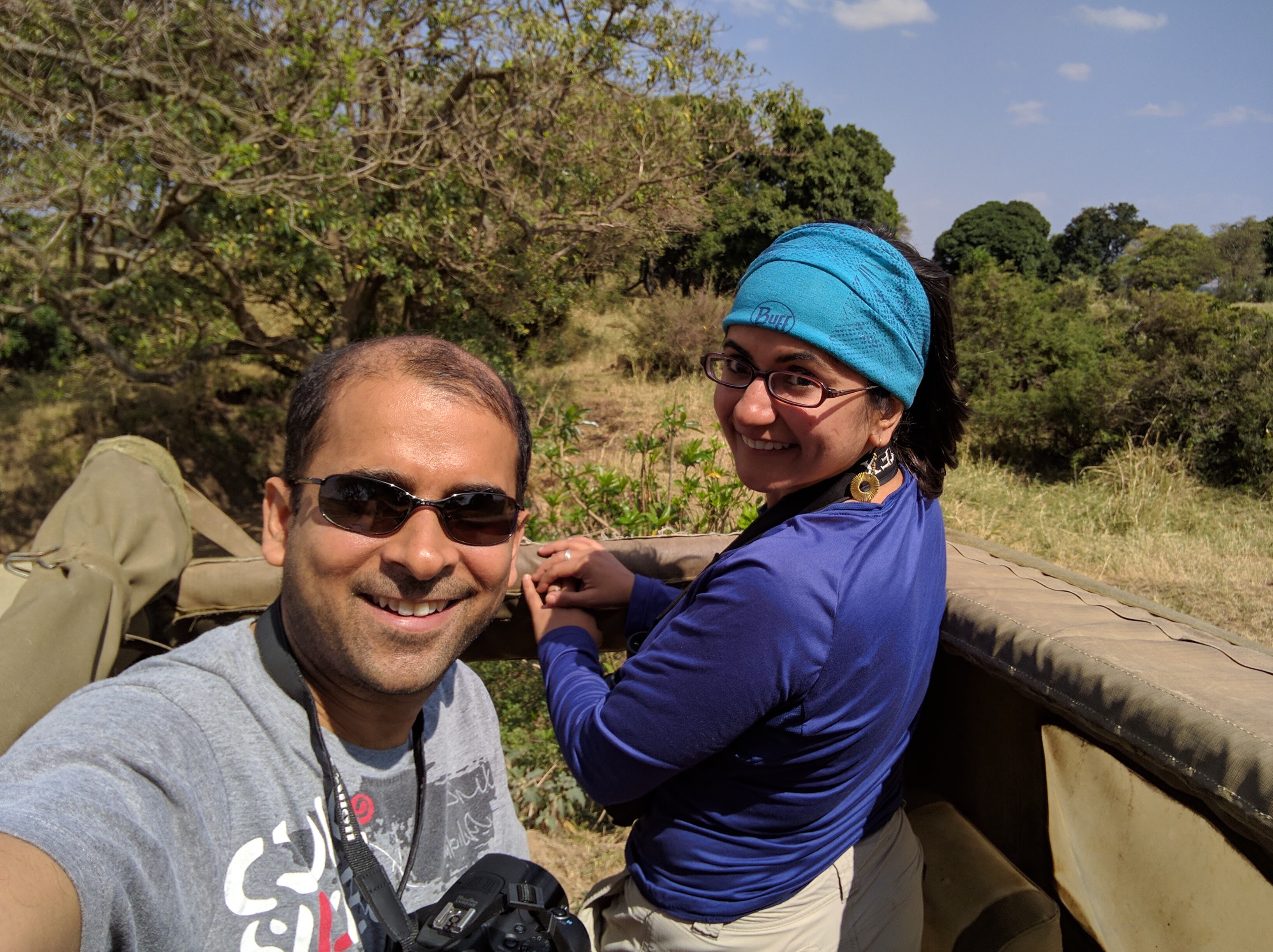
As you read this, I’m off somewhere in Madhya Pradesh, with my closest buddies, doing what I do to recharge my creative batteries: Walking, hiking and listen to collective wisdom on the road. I’ll come back with new stories, probably of ghosts, woes to share, ideas to write down and more things to be thankful for.
Have a wonderful year end, peeps.
Read, learn, make new friends, be merry, share laughter with strangers, fall in love, learn a new skill, slow down, get fit, plant a tree and listen to what it says to you. Take your life away from gadgets and make time for the people you love. For we won’t be here forever. And remember to be thankful for everything the universe has given you. Oh, and keep having that tea with Mad Hatter.
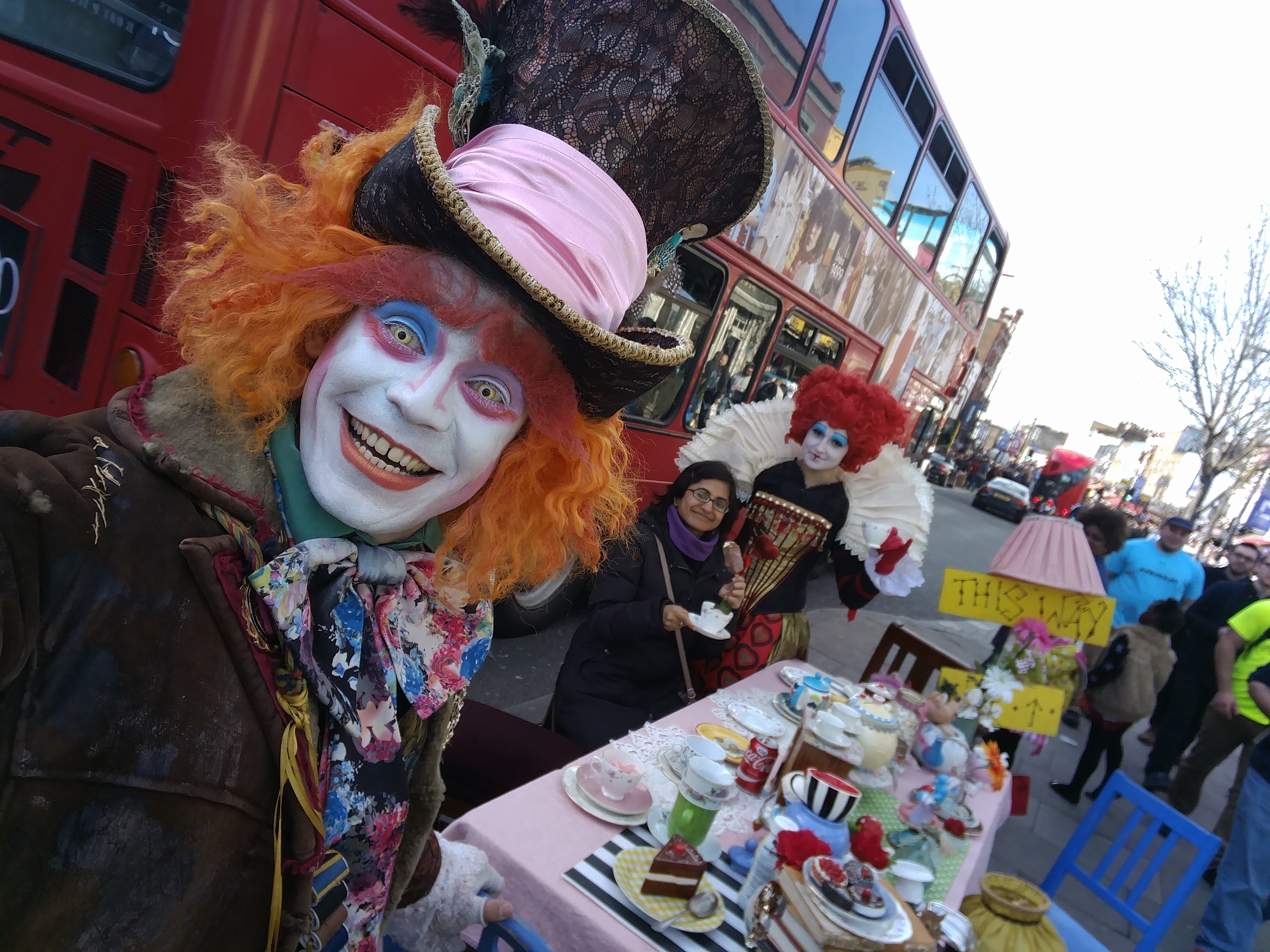




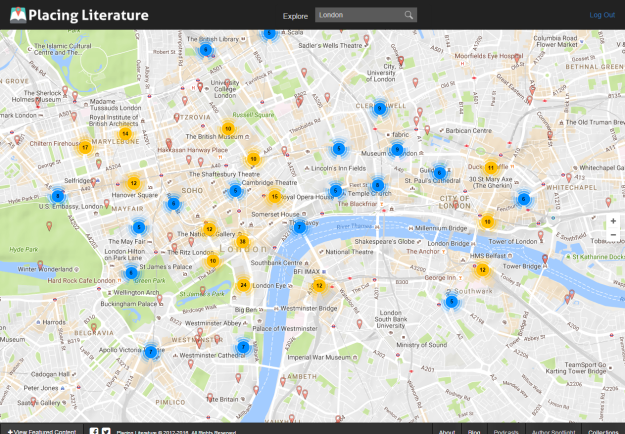


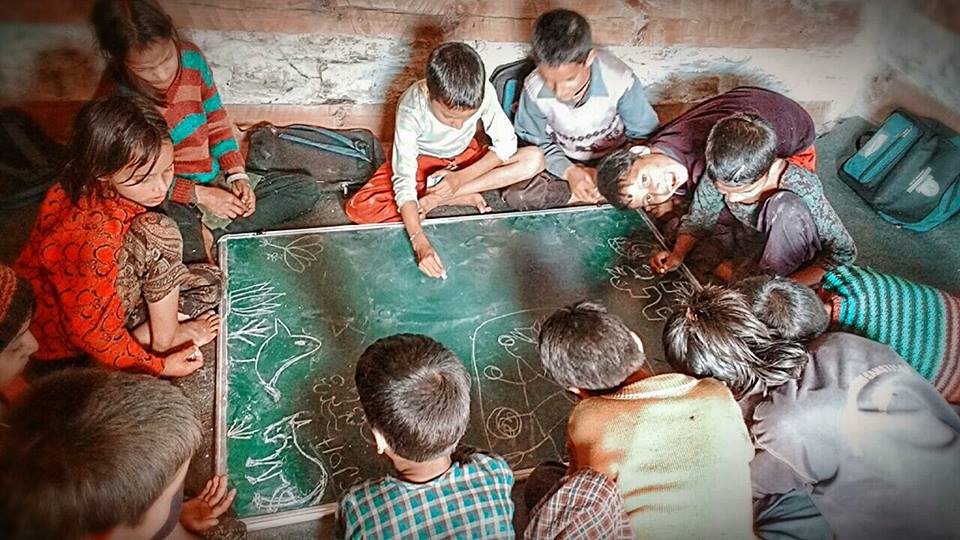
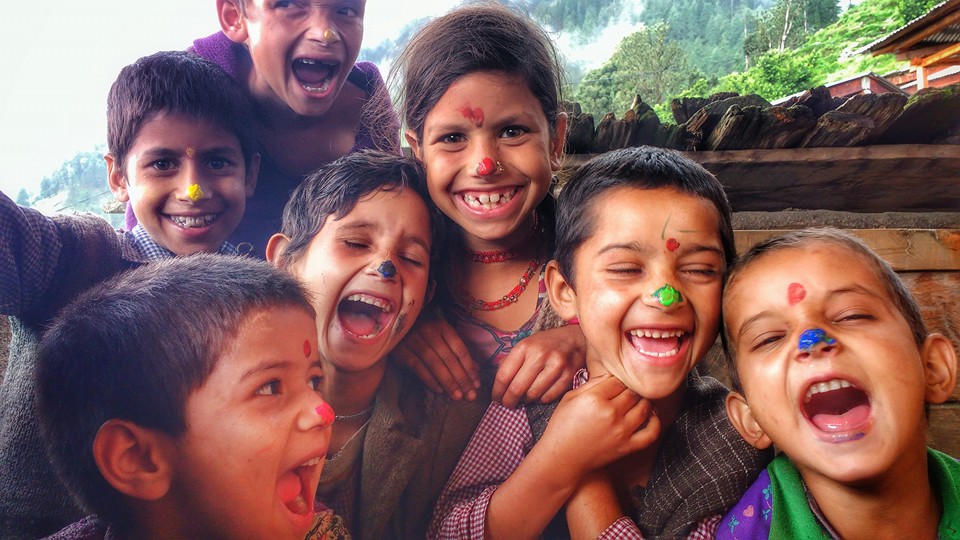 Education
Education